When you look around your home do you ever you feel unsettled, tired or even sad by state of the space? Are there just not enough hours in the day to keep rooms tidy or organise your belongings? If you’ve got clutter in your rooms, this can have an effect on your emotional state – here’s why it happens and how you can improve it…
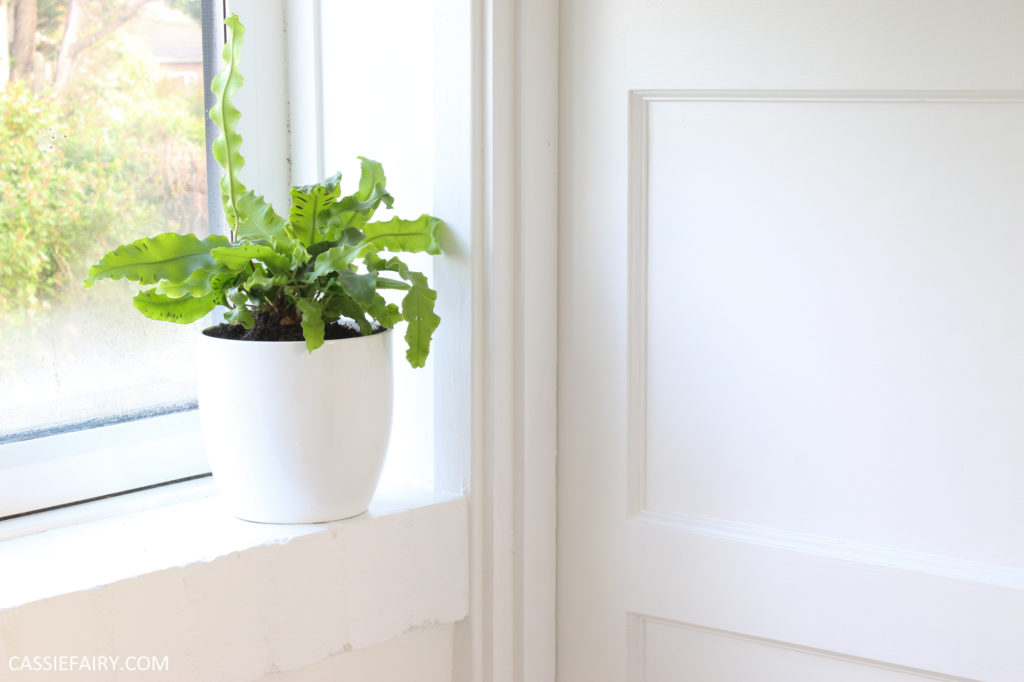
1 UNSETTLING CLUTTER
I recently read an article on the evolutionary reason that causes us to feel unsettled by clutter, and it all stems back to the time that we needed to scan the horizon to search out danger. A clear horizon felt safe, while an interrupted view could disguise a threat. This is why cluttered surfaces in our home attract our attention and make us feel a little uneasy. The best solution is simply to store everything away so that surfaces, windowsills and the ‘horizons’ of your rooms look empty and you can feel relaxed in the space.
2 HOARDING CLUTTER
Sure, it could simply be a case of too much stuff and too little time, but there could also be some underlying hoarding tendencies that have caused your home to fill up with belongings. I was reading an article on the BetterHelp therapy website about helping people with hoarding, and it indicated that clutter can be the cause of many emotional problems.
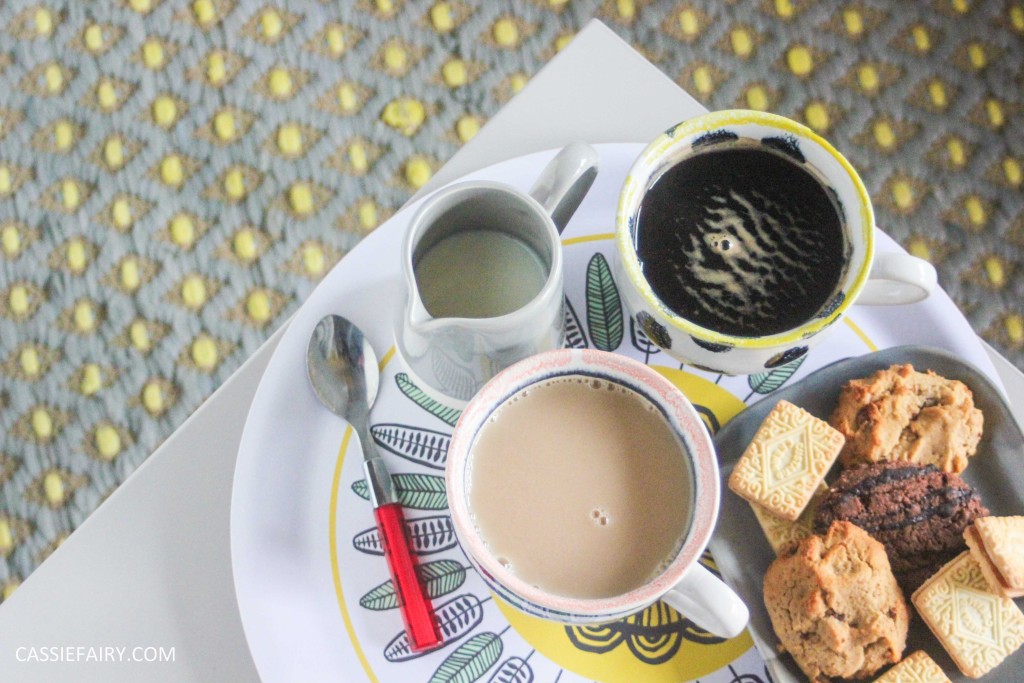
It can cause people to become withdrawn and socially isolated because they don’t want others to visit their home. If clutter is accumulating in your home, it’s important to tackle it before it becomes a problem and causes social problems. Then you can continue to maintain those relationships that make you happy, invite visitors to your home, and these friendships will not only boost your mood, they’ll be able to support you too.
3 CONFUSING CLUTTER
Unfortunately, when clutter becomes untidy, this can have an effect on your mental health. People can start to feel anxious when there’s too much stuff in a space, because they worry that they’ve lost something important (documents, keys etc) amongst the mess. These unnecessary levels of anxiety can cause your mental health to suffer. Thankfully, the solution is to give everything you own ‘a home’. If every item can be stored away in a cupboard, a box or on a shelf, you’ll know exactly where it is the next time you need it. You’ll feel organised and ‘together’ once this is done. And anything that doesn’t have a home either needs to go, or you need to buy new storage for it.
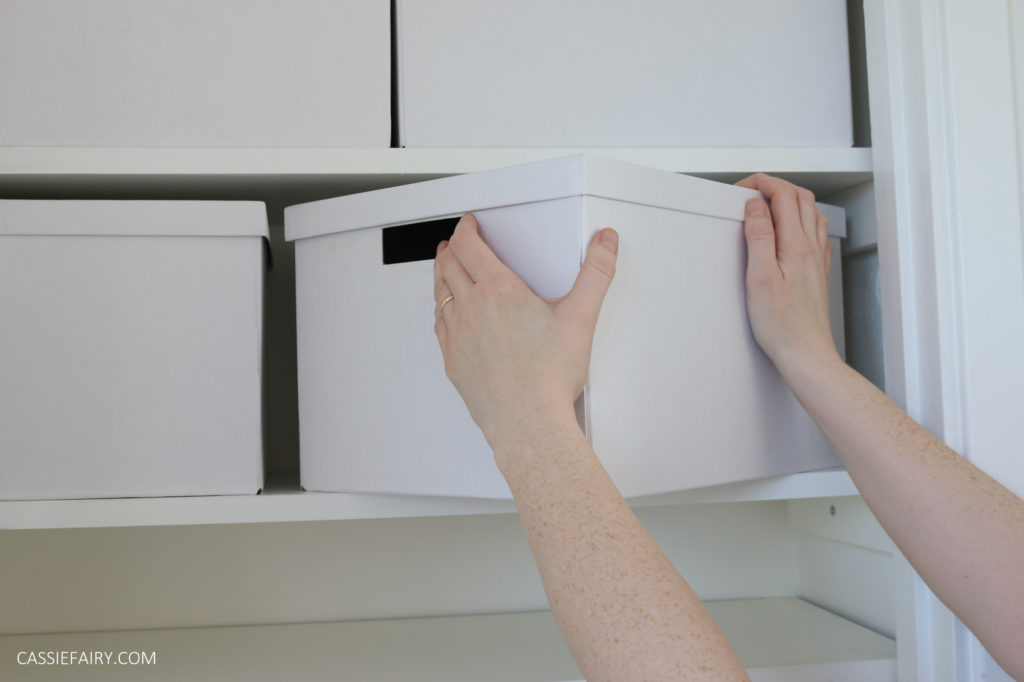
4 EMOTIONAL CLUTTER
Looking around a room with too much clutter can make you feel negative towards yourself. You might be hard on yourself – accusing yourself of being lazy and disorganised. You might feel stressed by working too much and become angry that you’ve allowed your home environment to become untidy in the process. You might simply feel sad and overwhelmed that you can’t relax in your own home because there’s always a list of jobs to do.
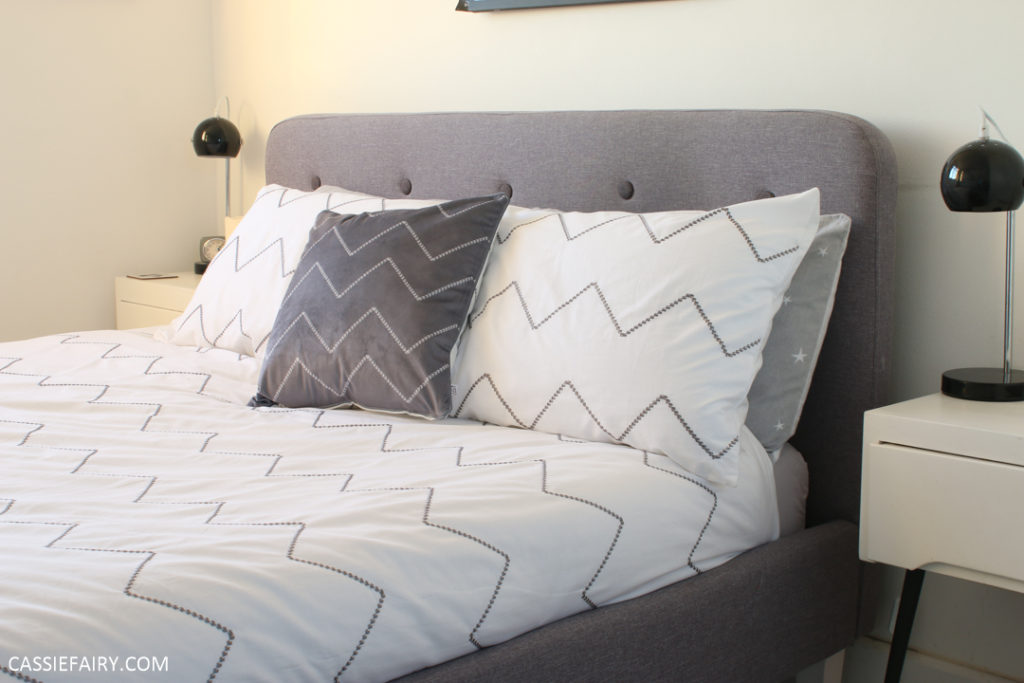
All of these negative emotions can be eliminated by decluttering the excess stuff. Donate or sell anything you don’t need or love to minimise your belongings to a manageable level. And then keep everything you’ve got tidied away in its own storage ‘home’. You’ll never need to be hard on yourself again and can feel positive about your life.
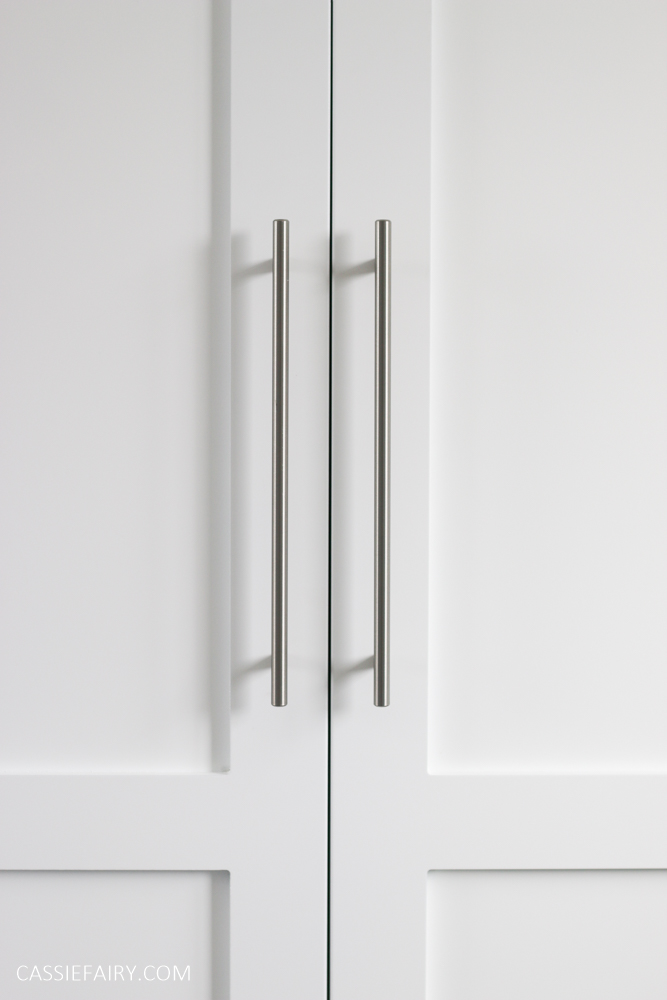
It’s amazing how much an untidy home can affect your mental health. Thankfully many of the issues that clutter causes can be easily undone by decluttering all the stuff. It might not be a quick or easy process, but it’s certainly worth the effort. Your decluttered and organised home could be the first step to boosting your self-esteem and reducing anxiety. Please let me know your decluttering tips in the comments below, I’d love to know how you did it!
PIN IT FOR LATER
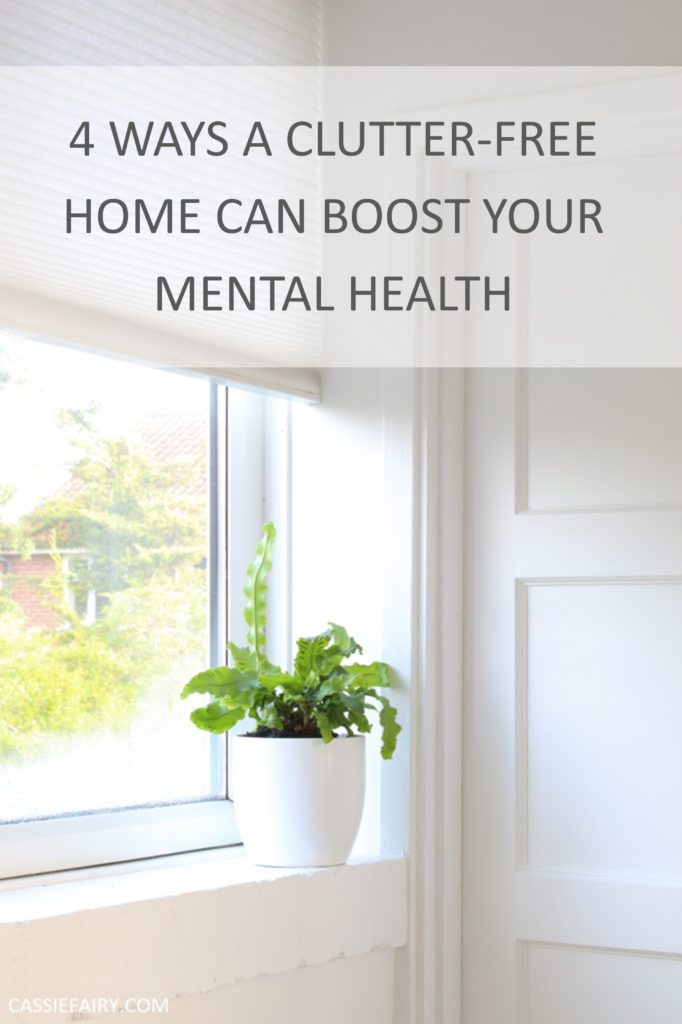
This article is a sponsored collaboration. The pink links in the content indicate a sponsored link or information source. The blog post reflects my own experience and the sponsor hasn’t had any control over my content 🙂









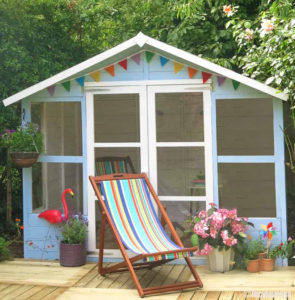
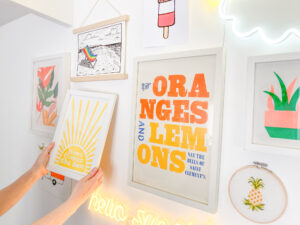



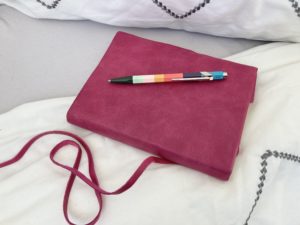

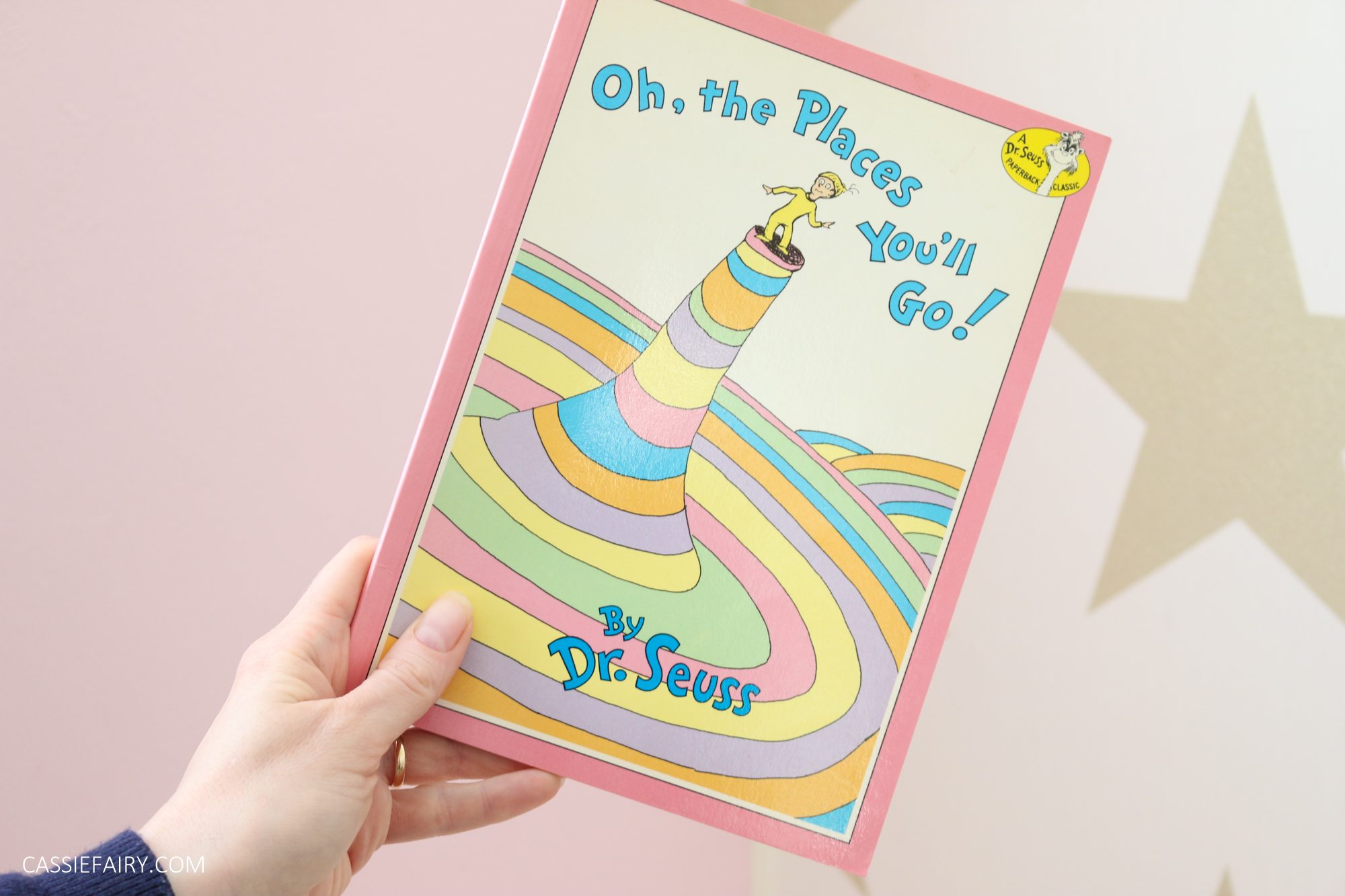
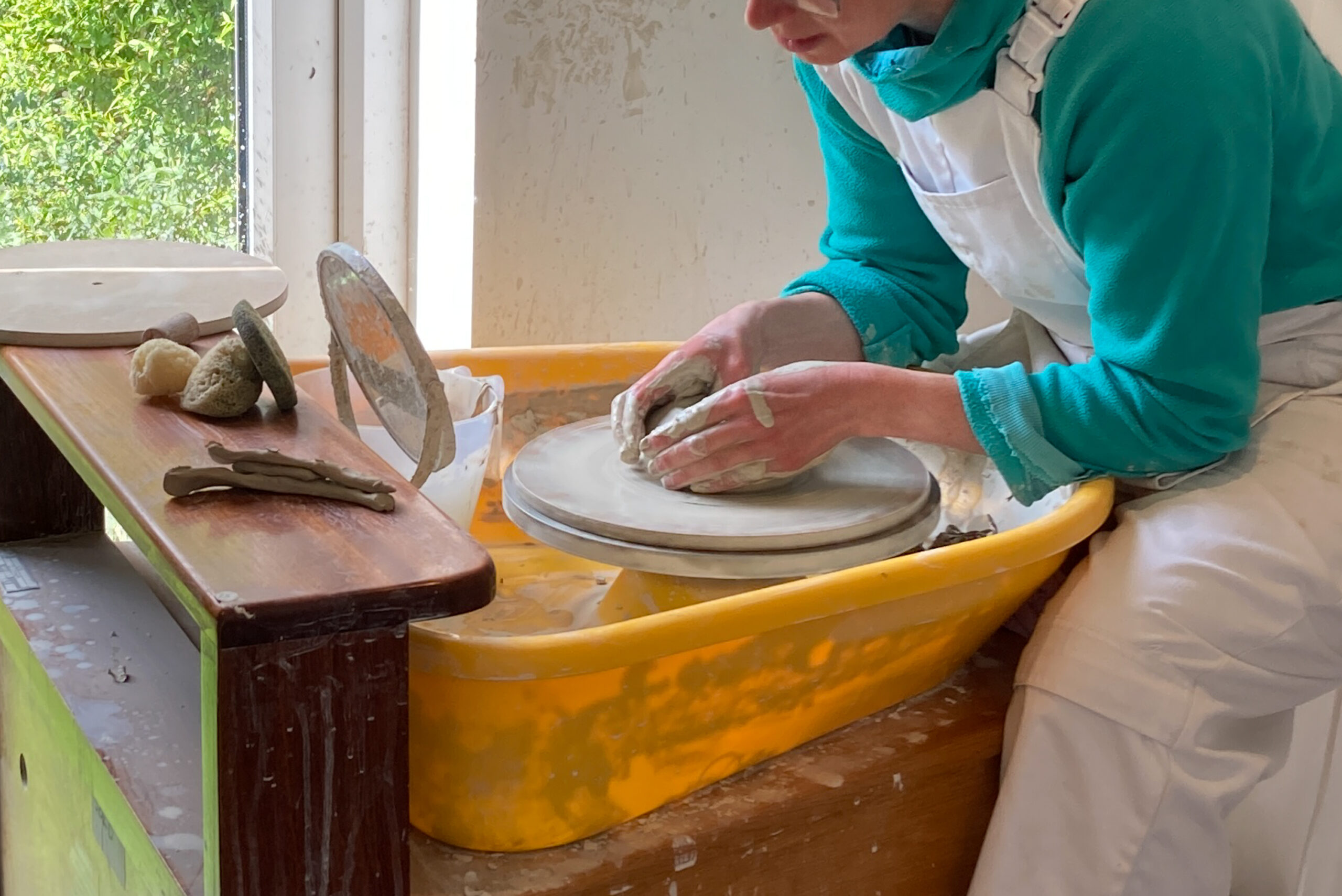
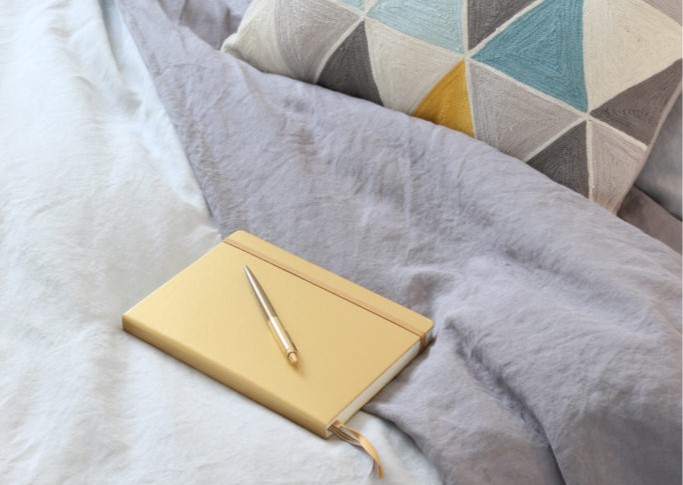
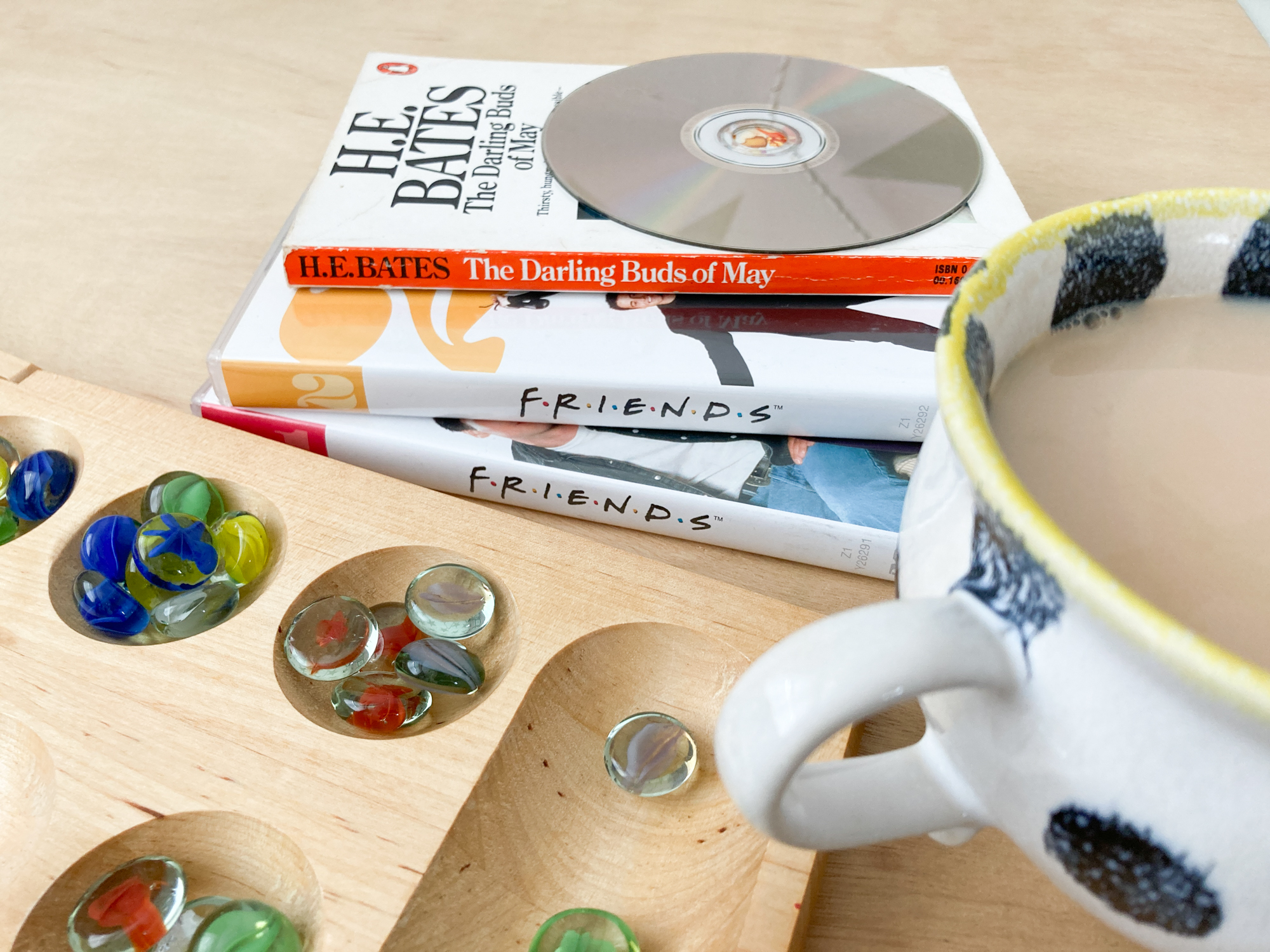

2 Responses
Thanks very much Thomas 🙂
A wonderful and relevant post.